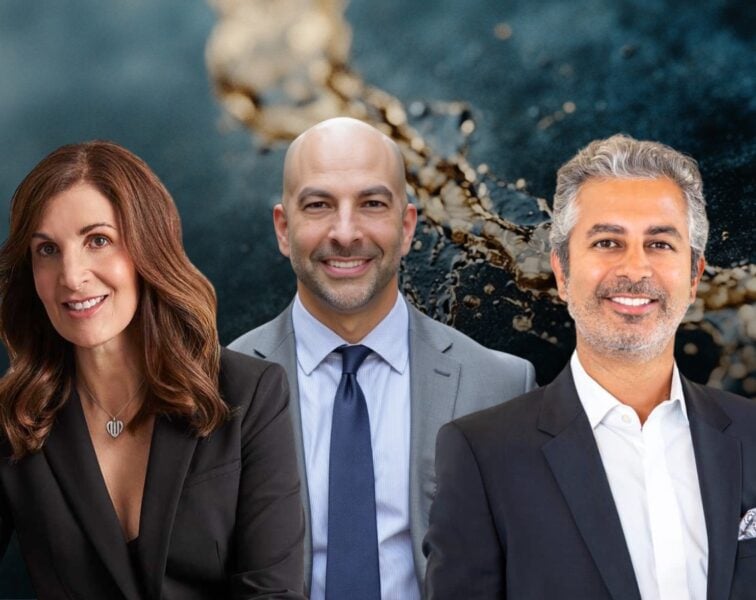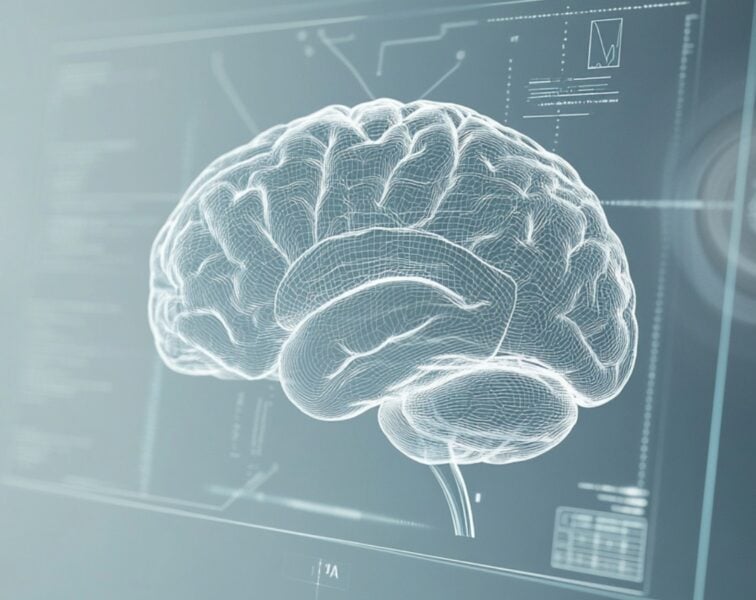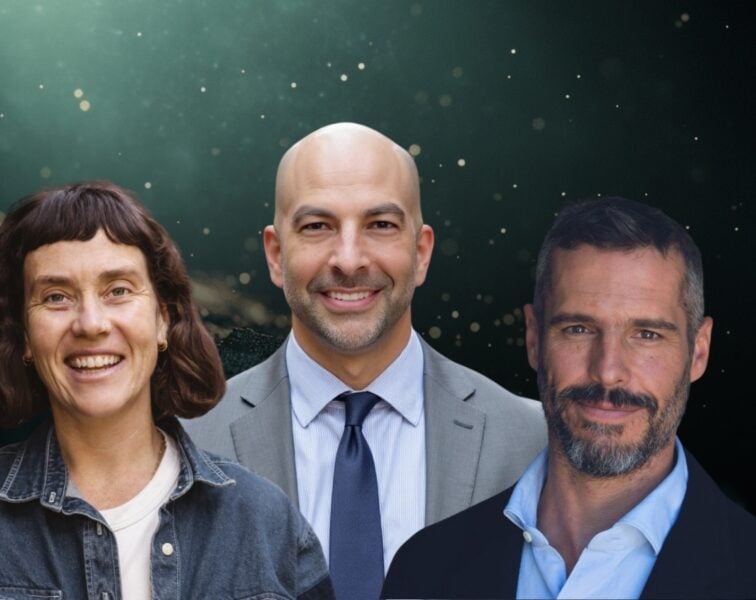In this “Ask Me Anything” (AMA) episode, Peter and Bob explore the quality of evidence for hot and cold therapy. In the discussion, they evaluate the safety, efficacy, and opportunity costs of various hot and cold therapy protocols, and Peter ultimately considers the addition of dry sauna to his longevity toolkit. Once again, Bob Kaplan, Peter’s head of research, will be asking the questions. If you’re not a subscriber and listening on a podcast player, you’ll only be able to hear a preview of the AMA.
If you’re a subscriber, you can now listen to this full episode on your private RSS feed or on our website at the AMA #16 show notes page. If you are not a subscriber, you can learn more about the subscriber benefits here.
We discuss:
- How stress can show up as physical pain, and tips for changing time zones [1:45];
- Literature overview of heat and cold therapy [7:15];
- Cold therapy for delayed onset muscle soreness (DOMS) [12:00];
- Quality of evidence for cold therapy for depression or immune enhancement [19:30];
- Cold therapy and brown adipose tissue (BAT) [21:15];
- Weighing the safety, efficacy, and opportunity cost of cold therapy [28:45];
- An overview of heat therapy benefits [40:00];
- Longevity benefits of sauna—reviewing the studies [41:30];
- Limitations in the sauna literature—Where might we be fooled? [54:30];
- Possible mechanisms conferring the longevity benefits of sauna, and how it compares to exercise [1:02:15];
- Parting thoughts on sauna, opportunity costs, and Bob’s personal regimen [1:06:30]; and
- More.
Get Peter’s expertise in your inbox 100% free.
Sign up to receive An Introductory Guide to Longevity by Peter Attia, weekly longevity-focused articles, and new podcast announcements.
How stress can show up as physical pain, and tips for changing time zones [1:45]
Peter’s recent move to Texas
- Peter recently finished moving his family from California to Texas
- All things considered, it went well, but he did experience some added stress
- In fact, his therapist told him, “Just to set your expectations, a move of this nature is among the three most stressful events to your marriage. . .on par with divorce and death.”
How stress can show up as physical pain
- In the weeks leading up to the move, Peter was experiencing some physical pain in his body
- Amazingly, the pain dissipated once the move was complete
- He calls it an “aha moment”
- Mechanistically, it’s hard to explain “why higher levels of cortisol. . .would actually lead to physical pain in my body. But there’s no question about it.”
Tips for adjusting to a new time zone
- Prior to making the move, Peter’s family slowly adjusted their bedtime and wake schedule over the course of 10 days
- By the time they made the move, their internal clocks had already adjusted
Jet lag protocol
Example:
- Say you are going to London where it’s 5 hours ahead
- On the day of departure, the idea would be to wake up super early to match London time (e.g., 3am)
- That will allow you to be sleepy at a normal time once in London
⇒ See AMA #4 for the complete jet lag protocol
Literature overview of heat and cold therapy [7:15]
Peter and team’s research project:
- Peter’s research team has put extensive effort into understanding the current literature on heat and cold therapy
- The idea was to see if there was any reliable evidence that showed either heat or cold therapy to impact lifespan or healthspan
- Often, heat and cold therapy studies are lumped together when they are really separate topics
An example of “lumping” is clearly seen in a large editorial paper that claimed heat and cold could positively impact in several ways:
1-A wide range of physiological responses including:
- resistance to cardiovascular disease and mortality
- endothelial function and arterial stiffness
- walking ability and lower limb perfusion; shear pattern, blood pressure and circulating endothelin‐1 concentrations
- glucose metabolism
- autonomic nervous activity
- cerebral protection
- stress resistance
*NOTE: all the references cited for these benefit listed above were related to HEAT therapy
2-Another claim was an improvement of mental health (the only place where they cited a paper looking at cold therapy)
- The supporting evidence for those were lackluster to say the least
- And the only cold paper referenced was an n=1 using cold water swimming which had confounding variables
Cold therapy for delayed onset muscle soreness (DOMS) [12:00]
Cold therapy for DOMS (delayed onset muscle soreness)
{end of show notes preview}
Would you like access to extensive show notes and references for this podcast (and more)?
Check out this post to see an example of what the substantial show notes look like. Become a member today to get access.



